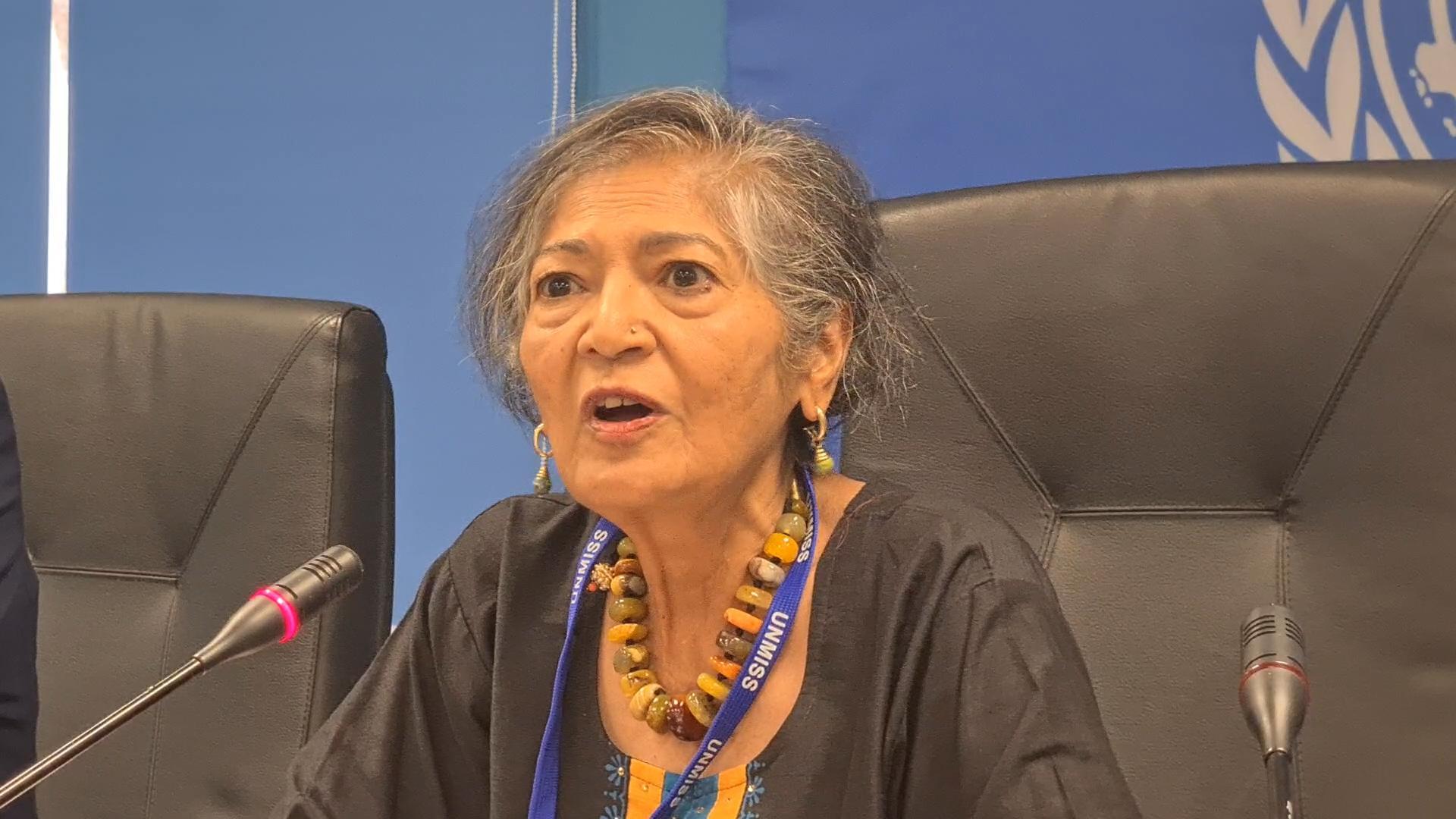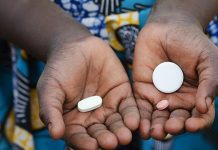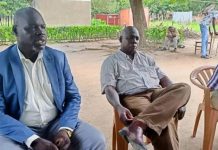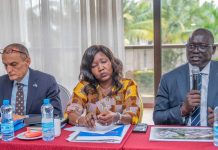Africa-Press – South-Sudan. A new UN report says the Government of South Sudan has received more than 25 billion US dollars in oil revenue since 2011, with little of the money used to provide essential services.
The report, released on Tuesday, 16 September in Nairobi by the UN Human Rights Commission on South Sudan, says oil revenues alone exceeded 25.2 billion US dollars.
But it adds that corruption and diversion of both oil and non-oil revenues mean hardly any funds reached essential services.
It warns that corruption and lack of accountability for economic crimes remain a major threat to peace in the country.
Titled “Plundering a Nation: How Rampant Corruption Unleashed a Human Rights Crisis in South Sudan,” the report is based on two years of investigations and analysis by the Commission.
It says oil and non-oil revenues are siphoned off through secret off-budget schemes and politically connected contracts, while millions of South Sudanese lack basic services.
The report further alleges that systemic corruption and predation by political elites have unleashed a human rights crisis that must be urgently addressed.
“Our report tells the story of the plundering of a nation: corruption is not incidental, it is the engine of South Sudan’s decline, it is driving hunger, collapsing health systems, and causing preventable deaths, as well as fuelling deadly armed conflict over resources,” Commission Chairperson Yasmin Sooka said.
“The suffering of South Sudanese civilians is a direct consequence of the brazen plundering of public revenues since independence in 2011.”
The UN says education, health, and justice systems are in crisis, and most civil servants are underpaid or not paid at all.
It adds that international donors now spend more on basic services in South Sudan than the Government itself, while the country ranks at the bottom of both the UN Human Development Index and the Transparency International Corruption Perceptions Index.
The report also says the 2018 peace agreement set a reform agenda to improve financial management, but the measures were not implemented or properly funded.
It says budget spending continues to favour political elites.
It claims that between July 2020 and June 2024, the Ministry of Presidential Affairs overspent its allocation by 584 per cent, at 557 million US dollars.
By contrast, the Ministry of Health received only 19 per cent of its allocation, at 29 million US dollars.
The Ministry of Agriculture and Food Security got 7 per cent, at 11 million US dollars, while the Ministry of Gender and Social Welfare received just 3.7 million US dollars across four years.
The report highlighted the ‘Oil for Roads’ programme, which diverted an estimated 2.2 billion US dollars off-budget into political patronage networks.
The Commission launched the report today at a press conference in Nairobi on Tuesday, September 16, fulfilling its Human Rights Council mandate to investigate and report on violations.
It says corruption’s devastating impact is a violation under international law, the African Union, and the UN Security Council.
It also recalls South Sudan’s legal duty under the UN Covenant on Economic, Social and Cultural Rights to allocate “maximum available resources” to fulfil basic human rights.
The report sets out 54 recommendations to the Government to end impunity for corruption, strengthen accountability, and urgently prioritize people’s basic needs in budgets and public spending.
The government has not commented on the report by the time of publication.
The Commission on Human Rights in South Sudan is an independent body mandated by the UN Human Rights Council.
It was established in March 2016 and has been renewed annually since then.
Its three Commissioners are independent experts, not UN staff, and they serve without pay. They are supported by a Secretariat based in Juba.
For More News And Analysis About South-Sudan Follow Africa-Press






